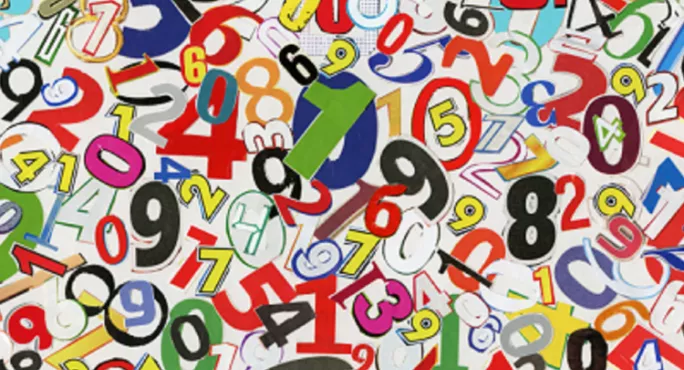- Home
- ‘We should embrace the new times table tests like an old friend’
‘We should embrace the new times table tests like an old friend’

The announcement that all children will be tested on their times tables as part of their key stage 2 Sats is a smart move. Children already learn their times tables in primary school, but to demand it allows the Department for Education to look tough, before reaping credit for a job that was already being done. It’s like putting “make a to-do list” as the first entry on your to-do list, before checking it off and patting yourself on the back.
For this reason, no primary teacher or headteacher worth their salt will be particularly concerned by the “new” requirement.
There are those, however, who question the necessity of the test, especially given the costs of administering it. Bafflingly, there is also still a vocal minority who, for one reason or another, believe that children shouldn’t learn their times tables. And then there are those who believe that some children shouldn’t (or can’t) learn their times tables because they find them difficult.
As far as the latter group goes, if we use “the children find it tricky” as a reason to give up on teaching something, then very few students would learn anything at all.
The ‘Rosetta stone’ of maths
I think the other anti-times table groups are wrong, too, and that we should embrace the new times tables tests like an old friend at our threshold on a cold evening. Here’s why.
First, times tables provide us with an excellent proxy for other areas of learning. If, after seven years of maths lessons - roughly 1,200 hours - a school is incapable of teaching children to memorise 144 systematic maths facts, you’d be forgiven for wondering what else those kinds aren’t learning. The test will, therefore, be a good indicator.
Second, those teachers that don’t think children should learn their tables do not, in my view, belong in education. I suppose that it’s true that it’s possible to get by in life without knowing your times tables. Just as it’s possible to get by without knowing where France is on a map, or when the Second World War took place. It’s possible to get by with knowing almost nothing. If that is your position, then fine. But maybe education isn’t your bag. Perhaps leave teaching for those who believe that learning stuff and becoming cleverer is wonderful and glorious and beautiful.
Third, times tables are the Rosetta stone of maths, the key that opens the otherwise impenetrable door to the Great Hall. Armed with this simple set of facts, fearsome fractions will crumble before you. More than this, though, an understanding of arithmetic trains the mind in the foundational skill of pattern recognition and logical thought. It fertilises the faculty of reasoning and reveals the ordered beauty of abstraction.
I would also counter the general assertion that testing children is evil. Like it or not, as long as education is funded by the state (and therefore the tax-payer) it is accountable to democratically elected members of parliament. Tests, like any other oversight measure, are the duty of any responsible organisation concerned with the many and not the few.
Finally, we should not fall into the trap of characterising those who advocate becoming fluent in recall as those who shun conceptual understanding. A good maths curriculum will include the use of arrays, Numicon, skip counting, Dienes blocks, Unifix cubes and all other manner of concrete manipulatives. But it will also, by the end of primary, expect children to know what 7x8 is at the snap of a finger.
Learning times tables represents one of the most basic areas of mental arithmetic, and it is most embarrassing that many teachers seem to believe that the teaching of them is unrealistic for any except those with the most severe barriers to learning. It is understandable, and sad, that many adults suffer anxiety at the mere utterance of “8x…” but it is our duty not to project our own hang-ups on the next generation, and give them this magic key as early as possible.
Jon Brunskill is the head of Year 2 at Reach Academy Feltham. He tweets at @jon_brunskill
Want to keep up with the latest education news and opinion? Follow TES on Twitter and like TES on Facebook
Keep reading for just £1 per month
You've reached your limit of free articles this month. Subscribe for £1 per month for three months and get:
- Unlimited access to all Tes magazine content
- Exclusive subscriber-only stories
- Award-winning email newsletters



